Why aren’t we really talking about dementia? That was the question echoing in my mind after watching Anna Richardson’s recent Channel 4 documentary, “Love, Loss and Dementia.” As a caregiver, I felt deeply moved by it and very angry.
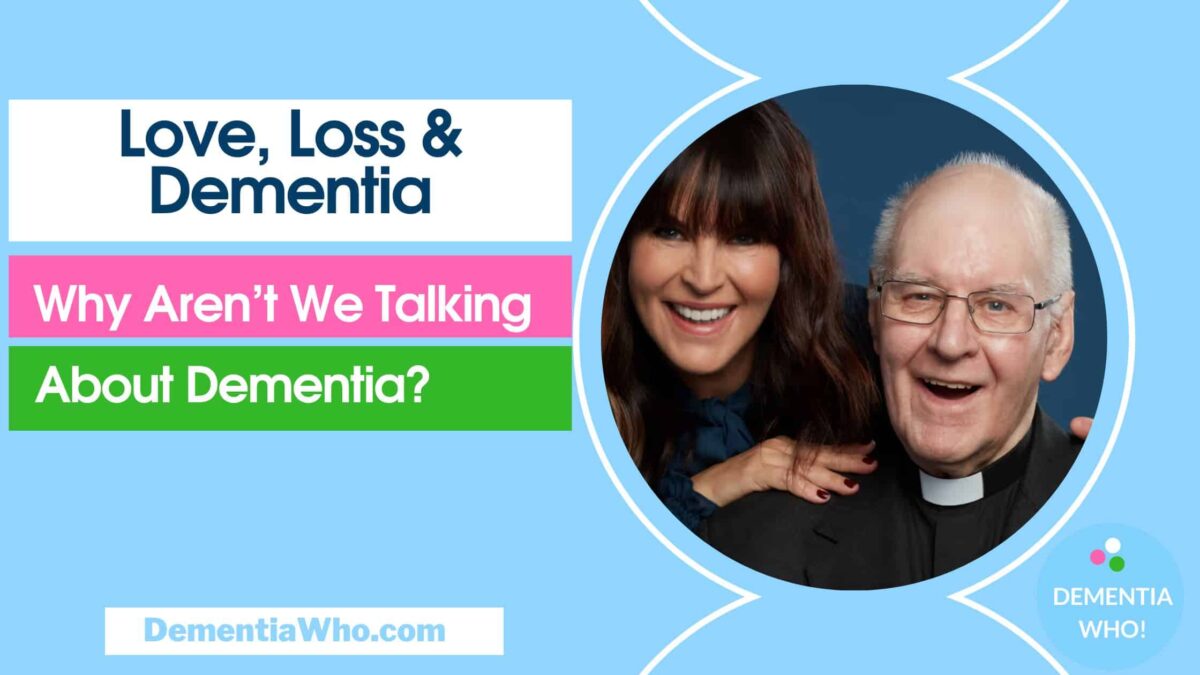
Dementia: The Silent Crisis
Dementia is the number one killer in the UK, you wouldn’t think so from the coverage or lack of discussions held in government, or society at large, it still remains largely invisible, as Anna Richardson explains:
“I think that’s something to do with the fact that it’s an invisible illness, that we tend to associate it with an invisible part of the population which is older people”
….Yet one in two of us will be affected by dementia in our lifetime.
That people tend to associate dementia with elderly is wrong, dementia isn’t just about aging; it’s caused by various biological diseases, many of which can start long before symptoms appear—and it can affect anyone.
Diverse Stories of Love, Loss, and Struggle
The stories featured in the documentary are varied and deeply personal. From Anna’s own experience with her father Jim, who has vascular dementia, to Mary and Richard journey with early onset dementia, a family in crisis due costs and behaviour changes.
We meet Ray, diagnosed just 18 months ago, hopeful for new treatments & trials before the disease progresses, and Michaela, who saw the importance of socialisation & set up a dementia cafe for her grandmother & others as she saw how critical that was.
Then there’s Jordan, who’s living life to the max as he carries a rare gene that his mother died from that means he will develop the disease by age 50. Finally, Kayleigh documenting her mother’s decline in the late stages of dementia on Tik Tok whilst struggling with difficult questions about her mother’s quality of life.
Dementia’s Hidden Toll
Love, Loss & Dementia brings the struggles of those impacted by dementia to the light, and it does so in such a way that you learn more about the disease and you become emotionally invested in the stories of those going through it. Anna speaks with academics, researchers and these families to try and learn more about dementia and understand why it’s so overlooked. The more she learns the more incredulous she becomes on why dementia isn’t more of higher priority.
The truth is that dementia will affect every one of us. Whether we become a caregiver or develop dementia ourselves,
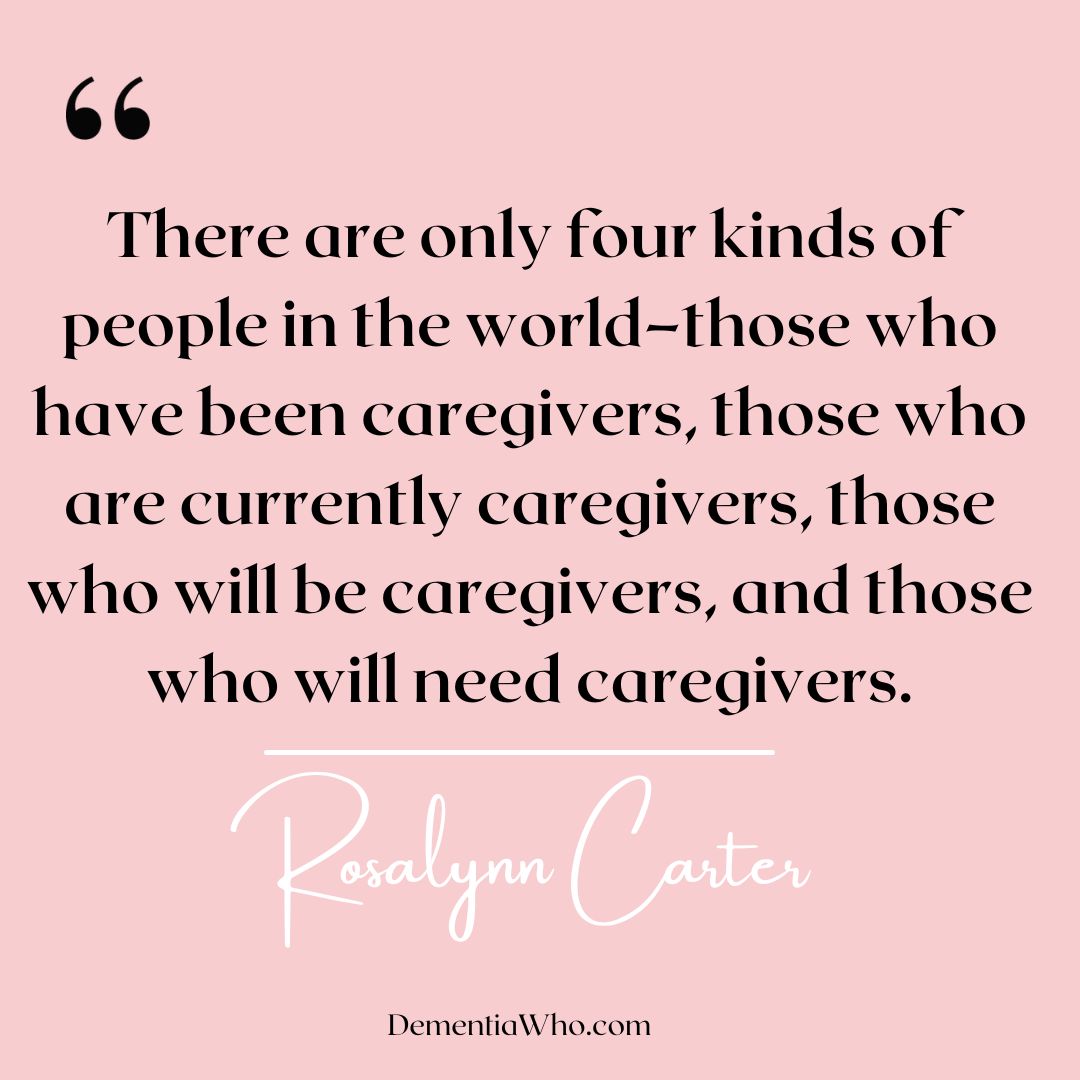
Dementia is the number one killer in the UK, but it doesn’t get the attention or resources it deserves. Society and the government are, quite frankly, not dealing with the situation as it is now, in providing the right support for those living with dementia or caregivers, to ignoring the basic fact that more people with die from this than any other health issue in our lifetimes, yet the funding, the research, the focus compared to other health conditions isn’t there.
So you can understand how exasperated & angry Anna gets in Love, Loss & Dementia, asking why we’re not talking about dementia in terms of what it is “a crisis.”
Two Sides to this Disease
Dealing with dementia should be multi pronged national approach from finding a cure or drugs that slow down the disease to ensuring that the right care and support exists for those living with it today.
One in three people go undiagnosed according to Alzhiemer’s society, which means they’re not getting the early interventions that might help slow the progression of the disease. Imagine knowing you could have started treatment years earlier but missed that window. It’s infuriating.
But then there’s the other side, no investment in social care, the lack of resources or sources of help for those living with dementia or caregivers. The burden isn’t shared in society or by government provisions, we know that social care isn’t a priority for successive governments.
The Failure to Support Dementia Caregivers
Families are carrying the immense weight of caregiving behind closed doors, with little to no support from society or the government. Love, loss & dementia documentary brings those hidden struggles into the light, showing us the devastating impact dementia has on caregivers, many of whom feel abandoned by the very system that are supposed to help.
We are leaving families to battle this devastating disease in isolation. As Michaela said, “people are alone.” They’re forced to find their own solutions, from setting up dementia cafes to thinking about selling your home to pay for care. But why is it falling on individuals like Michaela to provide this vital support? Caregivers, who are often unpaid, unsupported, and emotionally and physically drained, are left to handle everything. This is not how it should be.We need to make dementia a national priority like cancer, heart disease and other health conditions have been prioritised.
This disease is turning people’s lives upside down, and we’re not providing the support they need. Caregivers are doing this out of love, but love shouldn’t have to carry this entire burden alone. Families are in crisis, and the system is failing them.
A Call to Action: We Need to Act Now!
I found myself deeply moved, and by the end, utterly angry. Angry that we aren’t doing more. Angry that successive governments have refused to step up. Because I’ve heard that for so long I’ve become a bit numb, all those broken promises from governments, that lack of real support on the ground. I’ve lived it, you do just get on with it but why should we!
It’s time to talk about dementia. It’s time to act. Because behind those closed doors are real people, real struggles, and a crisis we can no longer afford to ignore.
This documentary isn’t just a series of sad stories; it’s a call to action. It’s time to break the silence, to bring dementia into the forefront of our national conversation. We need to lobby for better resources, push for more research funding, and demand comprehensive support systems for people living with dementia and caregivers.
You can’t just keep avoid dealing with social care in real terms. Dementia is a long term health condition, it’s will affect the majority of us, and we need to accept that as a society we all have to contribute to the costs that involves so that we can live the life we hope. We can’t keep turning on governments trying to find solutions and then balk when they mention tax to pay for it, there is no other way!
As Jordan noted, real change needs to happen in society’s attitudes. We need to value people living with dementia, to see them as individuals worthy of dignity and respect, not just a burden.
“I think the cure is like the silver lining, which we all hope for …I think the biggest thing for me, or for us, is social change. People changing attitudes towards people living with dementia, realise that they should be valued”
Love, Loss & Dementia
I urge you to watch Love, Loss and Dementia. It’s a tough and emotional watch but it’s filled with the love of those featured. This documentary doesn’t have all the answers, but it raises the most important question: Why aren’t we talking more about dementia?
It’s a devastating disease, we need to start demanding better support, and push for real change. For the families who are struggling, for the ones who are yet to be affected, and for ourselves—this conversation needs to pushed to the top of our agenda, right now!
What are your thoughts? Have you watched Anna Richardson’s Love, Loss & Dementia? Comment below, and share your experience!

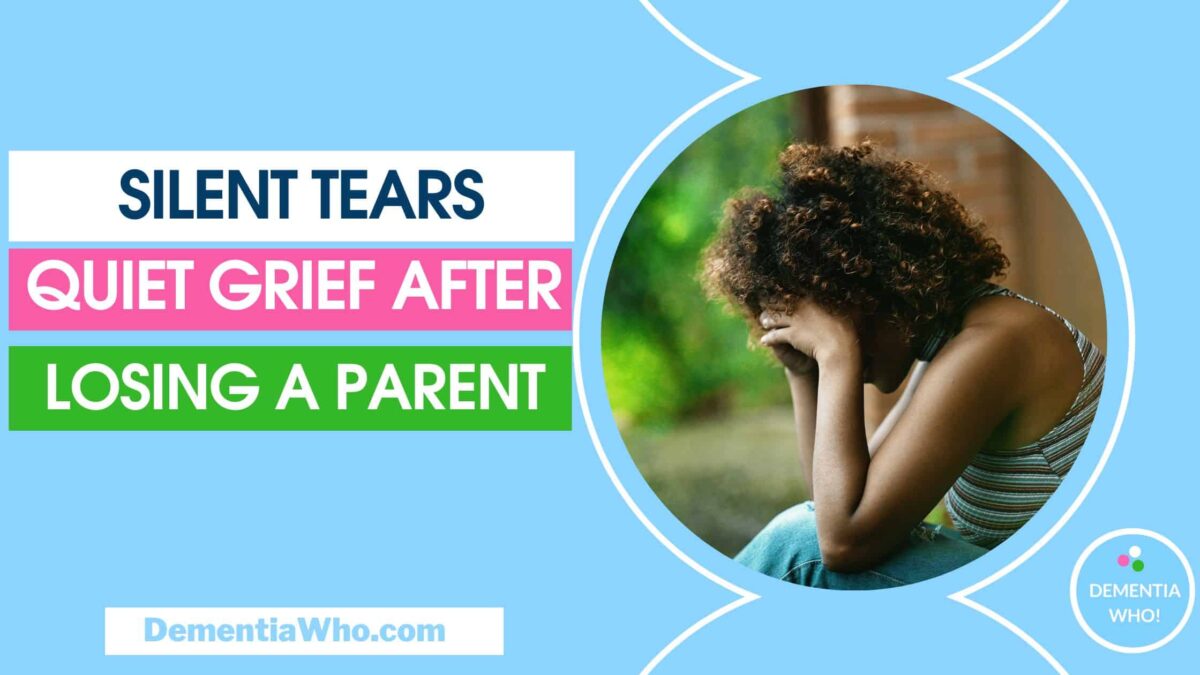
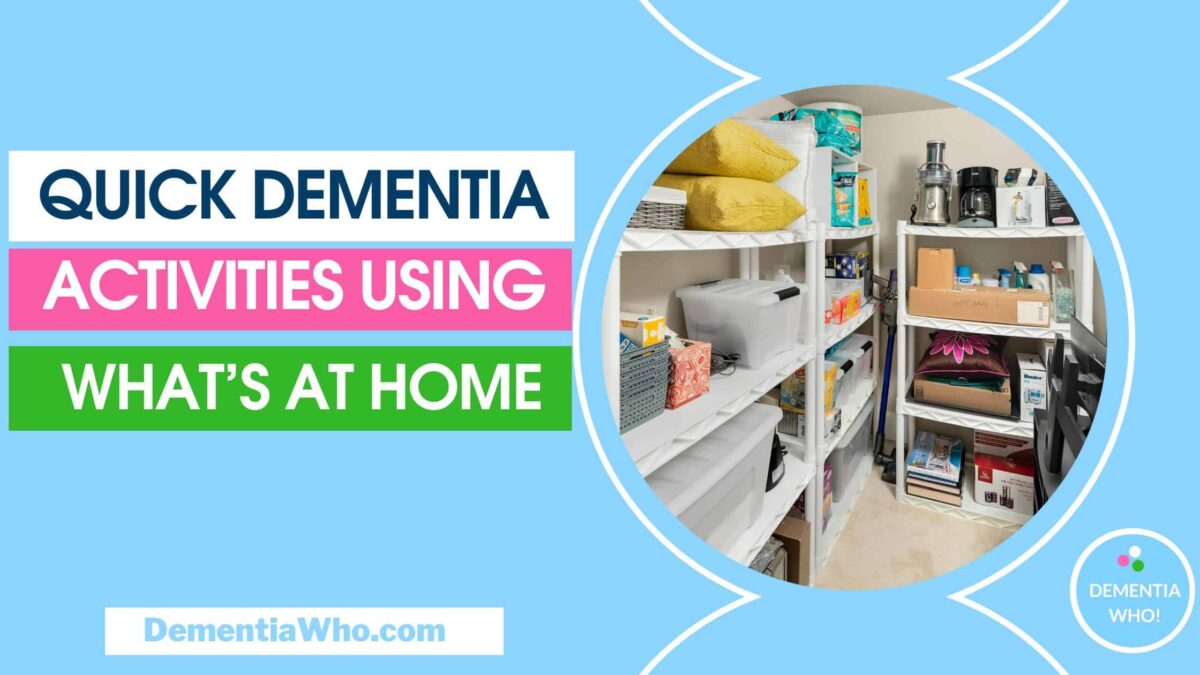
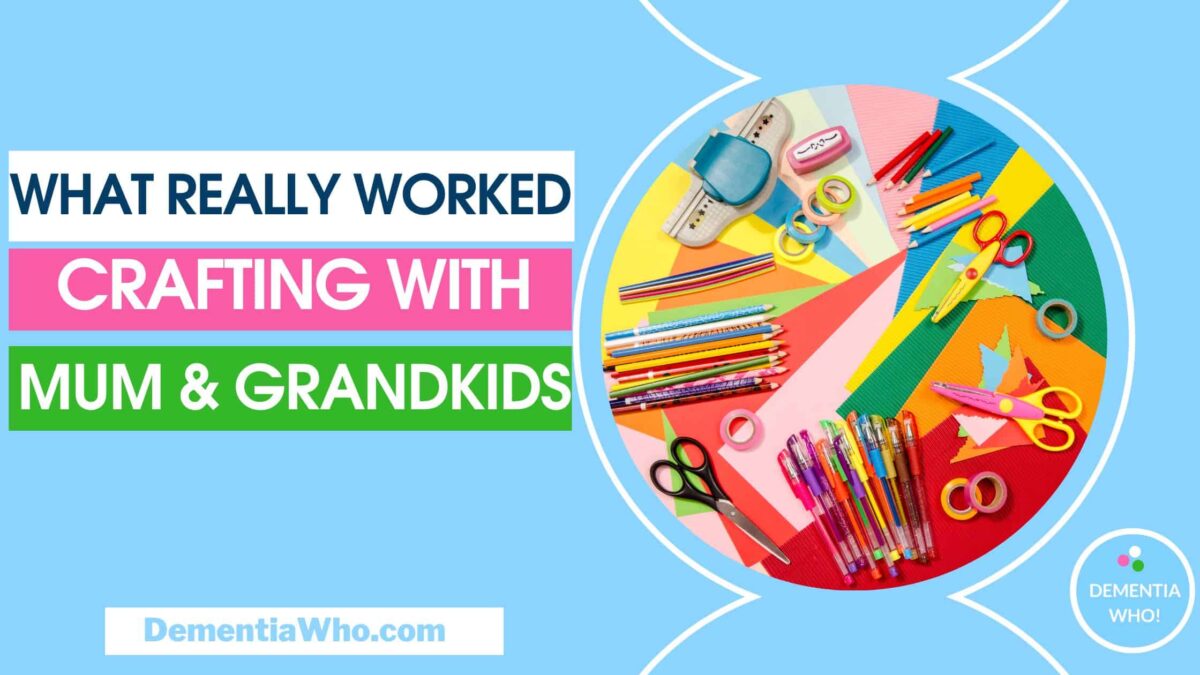
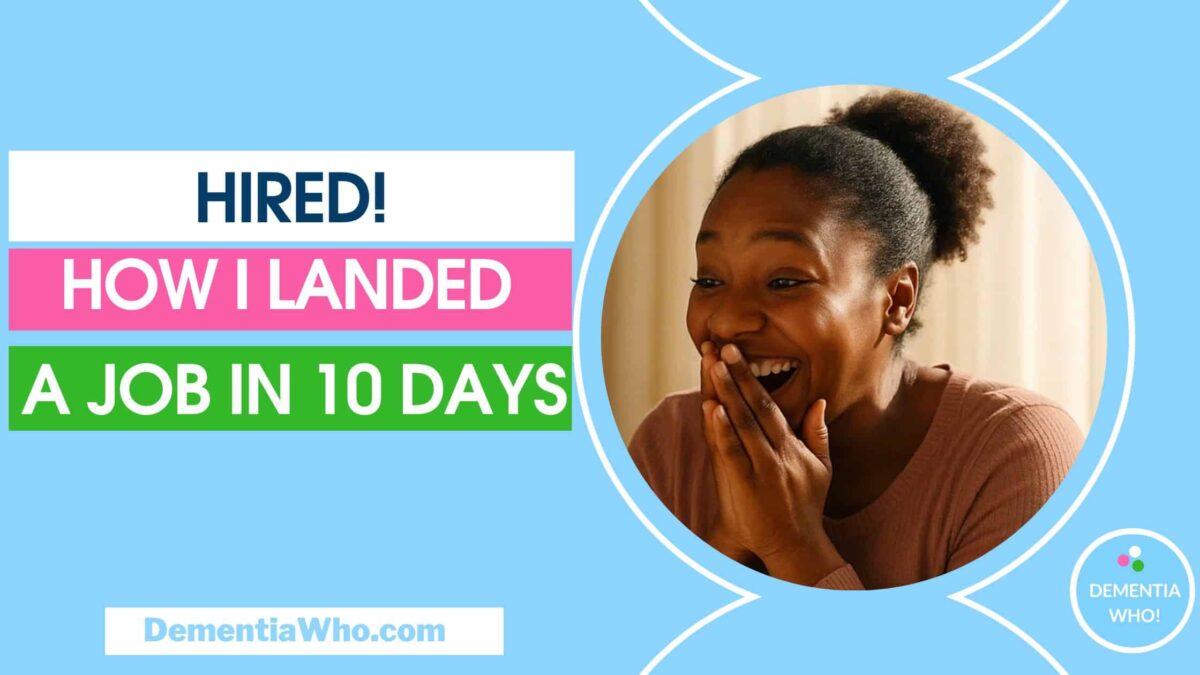


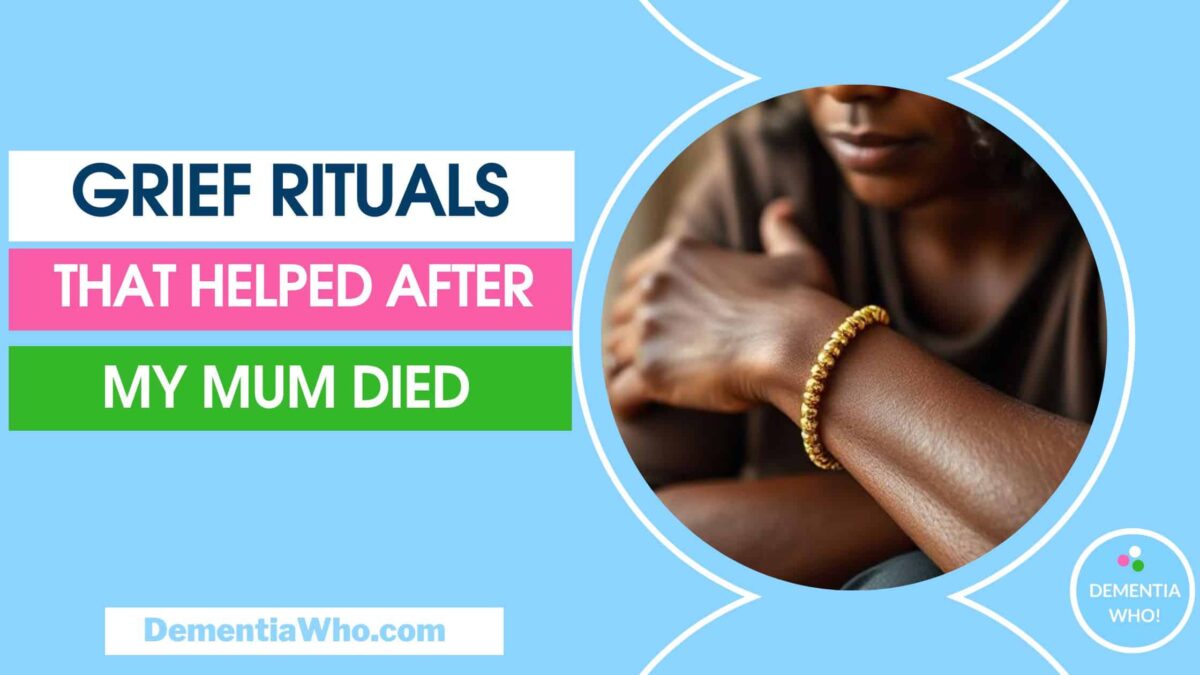
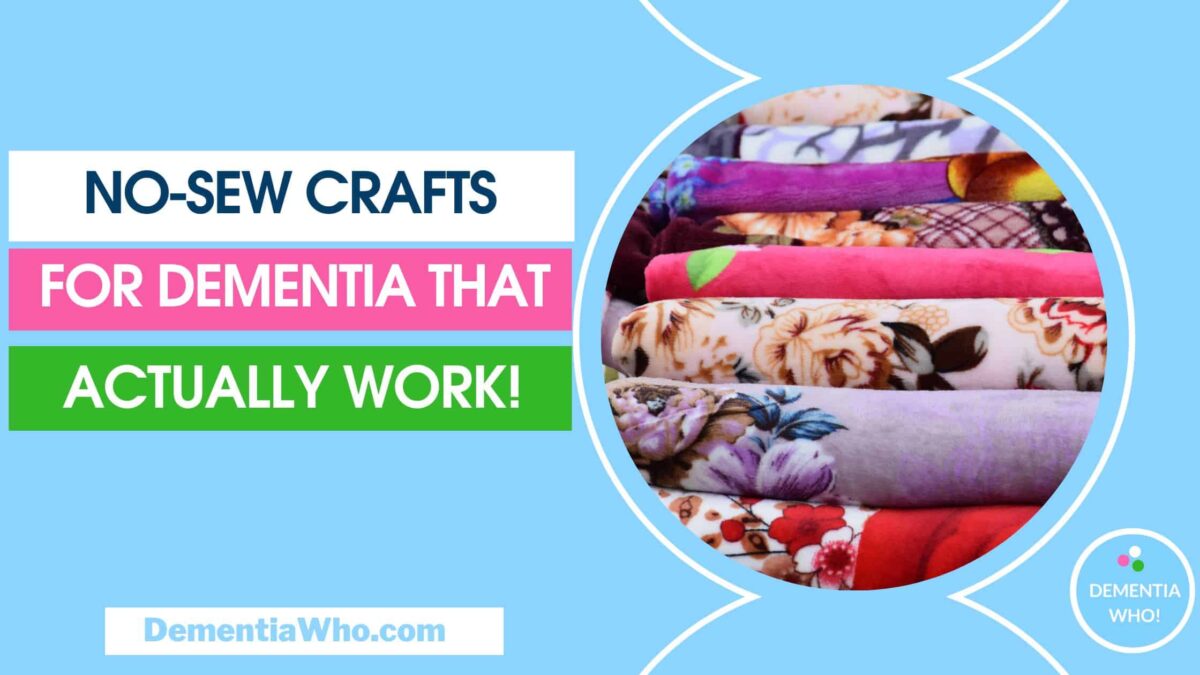
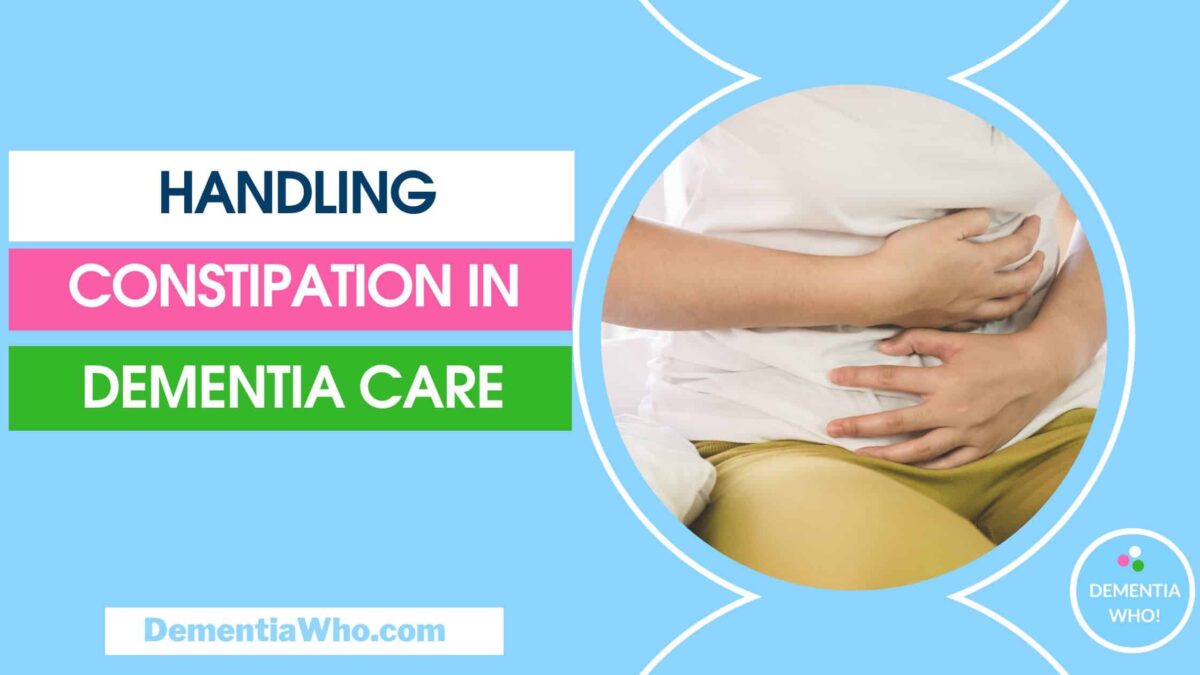
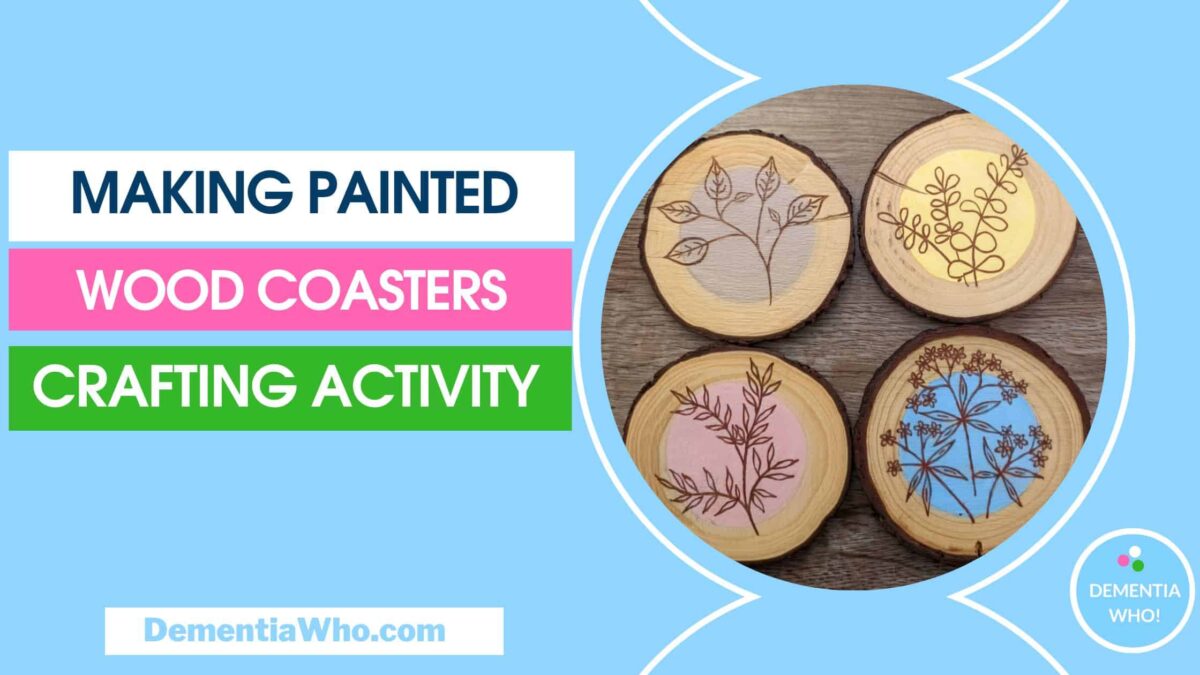


Love , Loss and Dementia gave it how it is … I hope that every politician watched it! You are so right, we need to look at the tax system as other countries do, so that we can support our folks with dementia to live their lives as they should be able to, and recognise and support the unsung heroes, our carers.
I run a Memory Cafe, totally operated by volunteers, and we are being called on to do more and more that the authorities no longer provide.
We love your blogs!!!
Thank you Heather. It’s fantastic that you run a memory cafe, but sadly just like Michaela, i9t’s staffed by volunteers, the “we’re all in this together” isn’t quite true any more, seems to me that as a society that we’re reliant on the goodwill of others, people like you, other volunteers, unpaid carers etc. Thanks for reading, taking the time to comment and complimented my blog, that means the world to me that it’s being read and hopefully found useful for others.